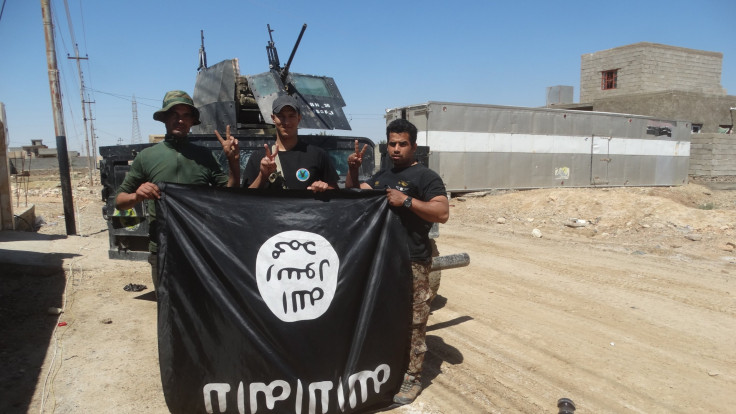ISIS Boosts Attacks In Response To Territorial Losses: IHS

Islamic State group attacks have increased this year, particularly in Iraq and Syria as the group also known as ISIS responds to substantial territorial losses, a U.S.-based analysis firm IHS said on Sunday.
There were 891 attacks during the first quarter of 2016 in neighbors Iraq and Syria, more than in any three-month period since the militants' sweeping advance in mid-2014, IHS said in a new report.
Those attacks killed 2,150 people, a 44 percent rise over the previous three months and the highest quarterly toll in nearly a year.
"The group is resorting more and more to mass-casualty violence as it comes under heavy pressure from multiple angles," said Matthew Henman, head of IHS Jane's Terrorism and Insurgency Center.
The U.S. military estimates ISIS' territory in Iraq has shrunk by about 40 percent from its 2014 peak and 20 percent in Syria.
Iraq's military routed the militants from the western city of Ramadi four months ago and then pushed further west toward the Syrian border. The northern offensive has been slower, with army and Sunni Arab tribal forces taking only four villages over the past month south of Mosul.
In Syria, government-aligned forces backed by Russian air power have recaptured territory from ISIS, including the ancient city of Palmyra. The group is also under pressure from a separate U.S.-led air campaign in the north and northeast, where Kurdish fighters have advanced.
The IHS report also noted a rise in Islamic State group attacks in Libya, where the militants have grown in strength, taking over the central city of Sirte and attacking oil fields. Analysis showed almost as many attacks in the first three months of this year as in the preceding six months.
IHS said ISIS activity has also spiked around the northwestern town of Sabratha it described as a key staging ground for attacks in neighboring Tunisia.
"High-profile, mass casualty attacks are a tried and tested method of changing the narrative and deflecting attention away from the problems it is facing," said Henman. "This is done for internal consumption just as much as external."
© Copyright Thomson Reuters 2024. All rights reserved.





















